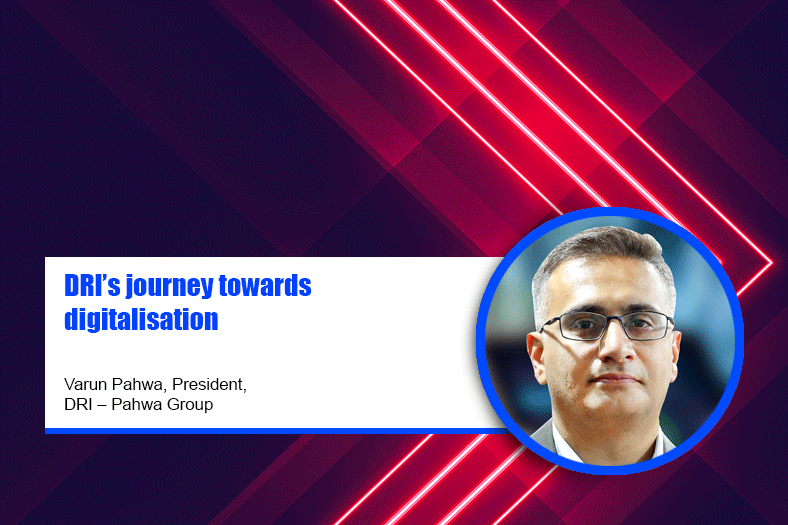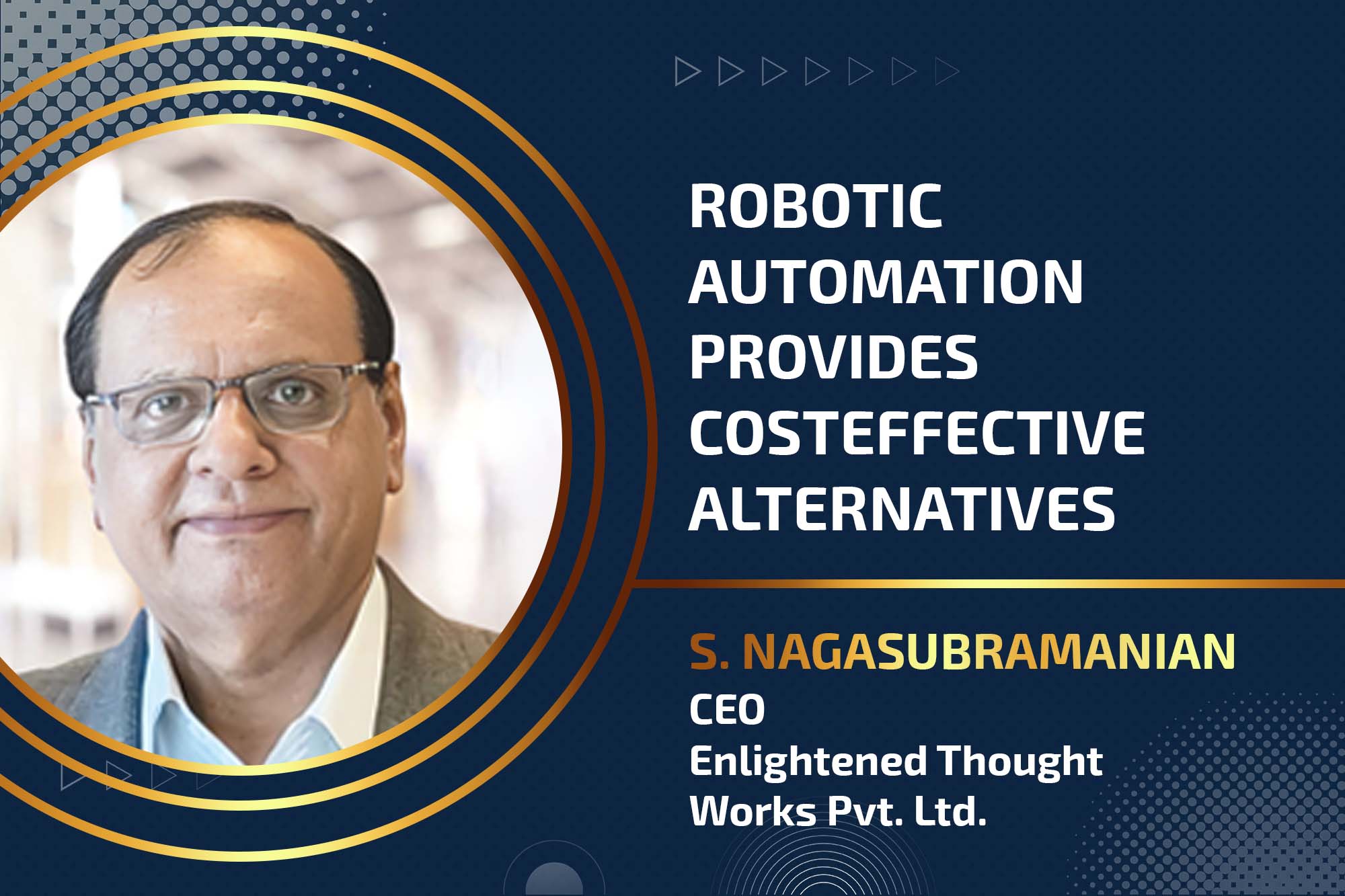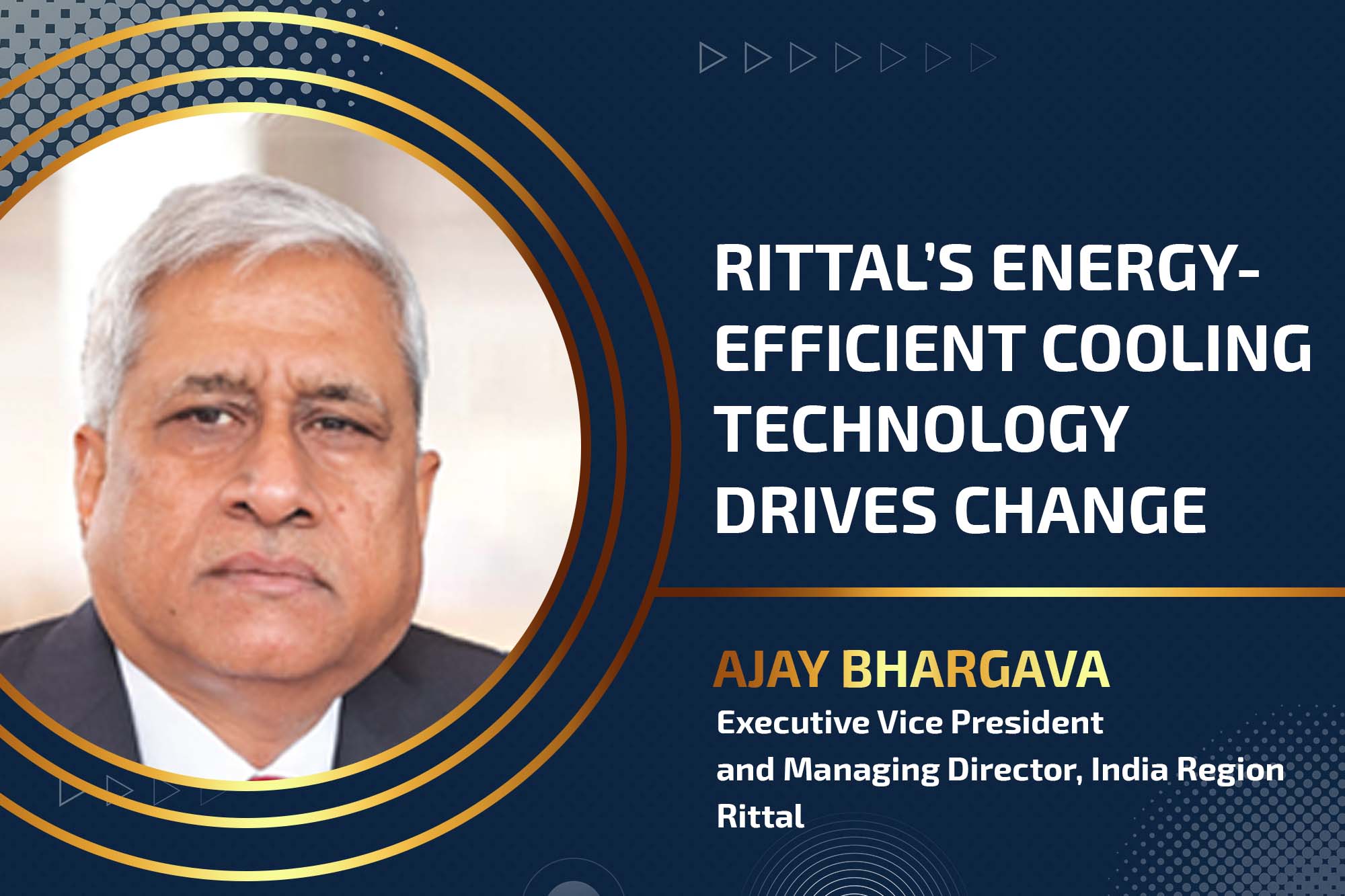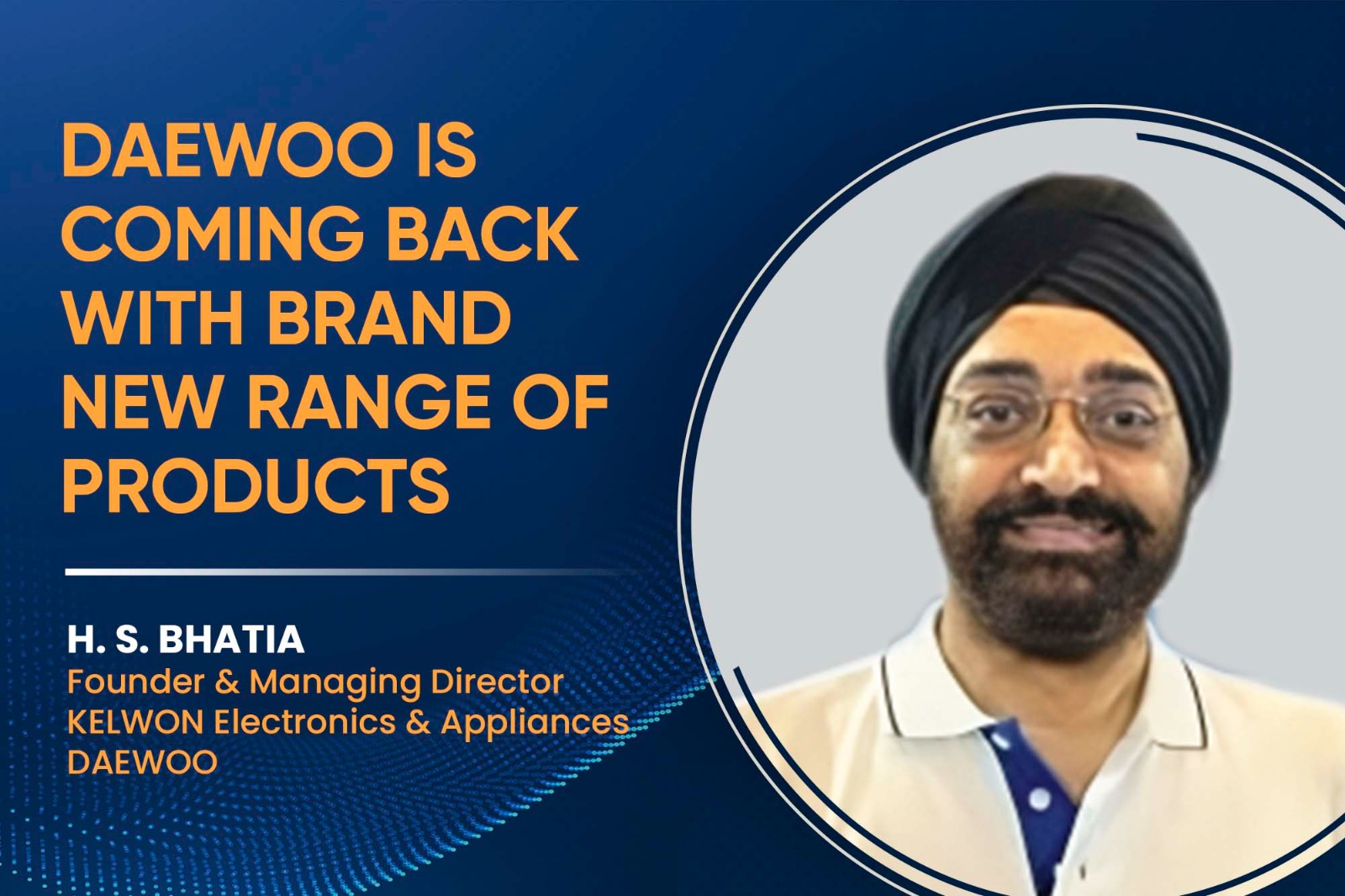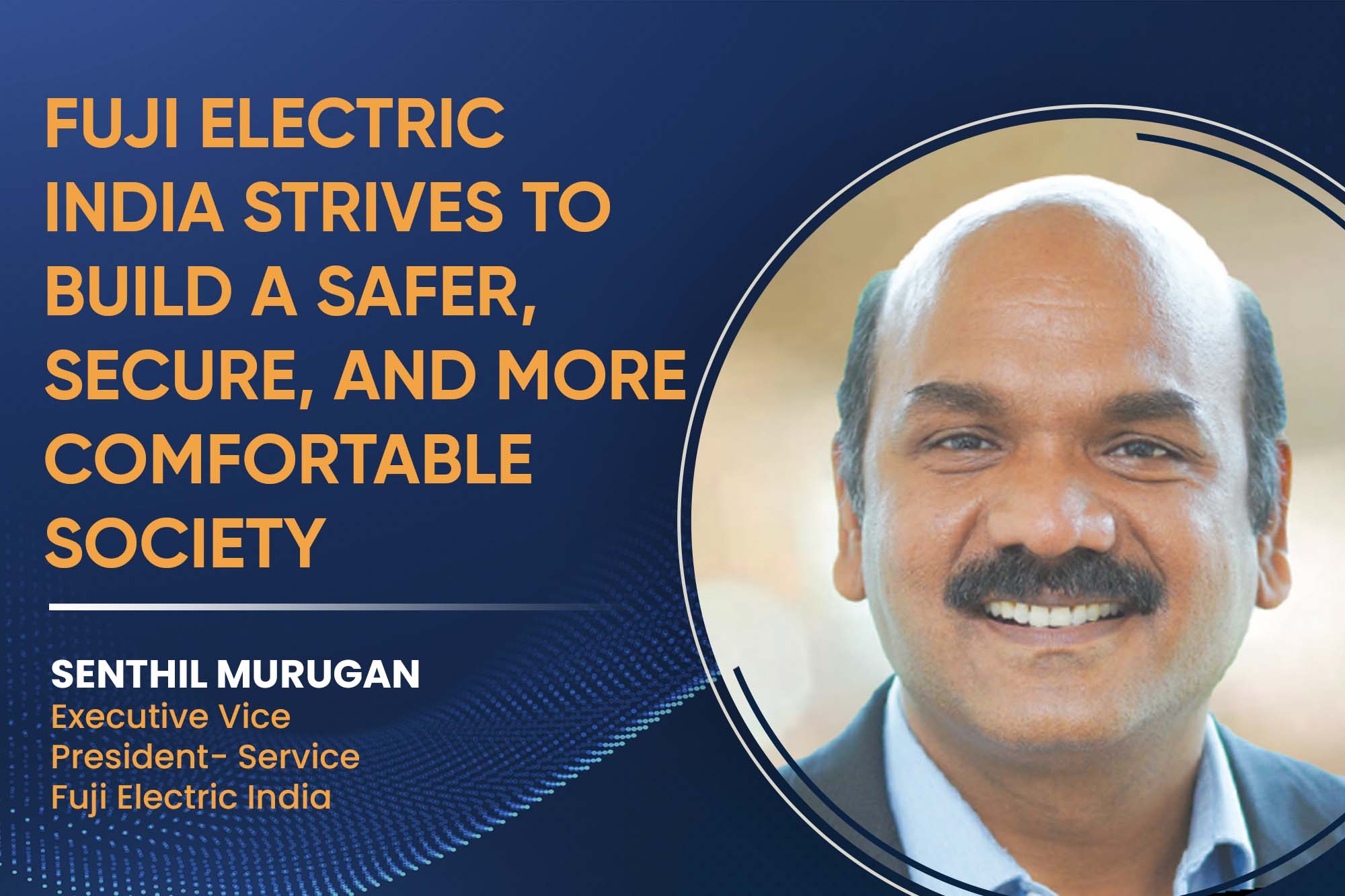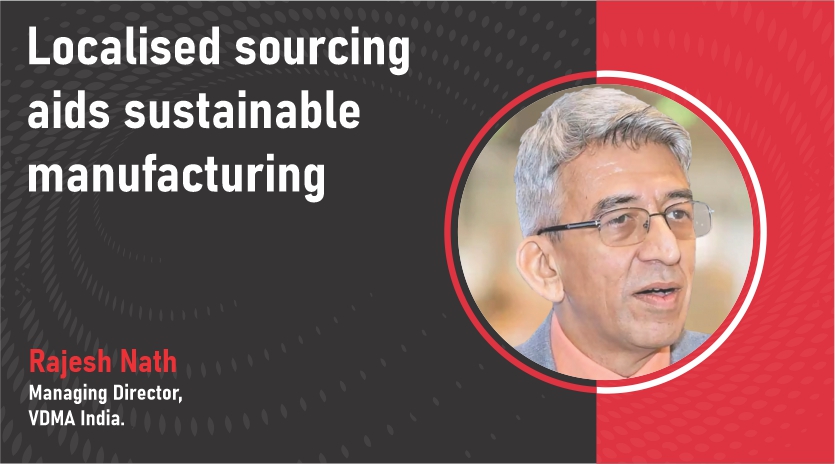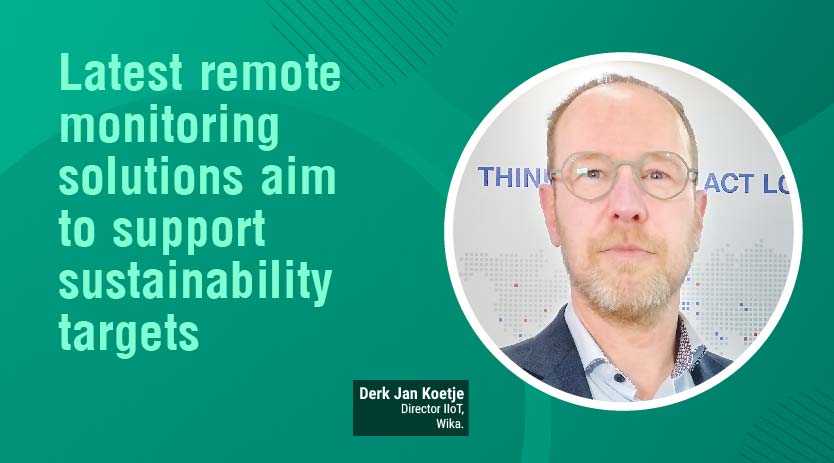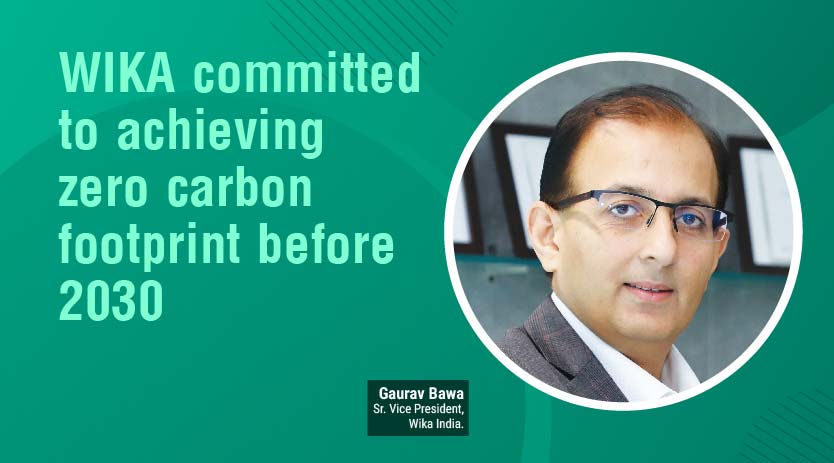DRI’s journey towards digitalisation
By OEM Update Editorial July 2, 2020 4:09 pm IST
While we have aggressively moved towards digitalisation of our processes in the last couple of years, many of our products are Industry 4.0 enabled with smart controls and traceability.
Varun Pahwa, President, DRI – Pahwa Group
Varun Pahwa, President, DRI – Pahwa Group highlights the company’s journey towards being a “smart factory”.
How has your company’s journey been in the adoption of smart factories?
Desiccant Rotors International (DRI), one of the flagship companies of the Pahwa group, specialises in innovative air solutions for the healthcare sectors, commercial buildings, hospitality, airports etc. DRI provides products essentially for green buildings which are sustainable commercial buildings.
In its journey towards being a “smart factory”, DRI adopted ERP more than 15 years ago. The sale to production and invoicing is seamlessly connected between our sales offices and the manufacturing plants. Recently we have also provided Tabs at shop floor where the production receives manufacturing drawings from the Engineering Department. Our products are engineered and customised to customer requirements and thus every production drawing is different. Our supply chain is also part of it and RFQs and PO are all integrated.
Ours is not a “line production” and as such cannot be fully automated, having said that a very important element of our testing and R& D is “mathematical modelling”.
What kind of steps do companies, including MSMEs, need to take for the adoption of smart factories?
A smart factory simply defined is a combination of physical production processes and operations integrated with digital technology, smart computing and Big Data to create a more opportunistic system for companies that focus on manufacturing and supply chain management. Basically, anything which allow you use technology to optimise your production.
We have seen companies rationalising their processes and adopting technology, whether automation or use of robotics, to ensure increased productivity.
While we have aggressively moved towards digitalisation of our processes in the last couple of years, many of our products are Industry 4.0 enabled with smart controls and traceability. Our new factory is also under certification as a “Platinum Green Factory”.
How have Machine Learning (ML), Artificial Intelligence (AI), robotics, automation and Big Data been implemented by OEMs to move towards a Connected Enterprise?AI has been at the frontrunner with mainly manufacturing companies who have a process driven or line production, for example automobiles, food, pharma. Industry 4.0 is further revolutionising the sectors as the need for traceability is high.
As mentioned earlier, we have started our journey towards digitalisation about a year ago. As a first step, we had processes audited by an external firm and then in a planned manner have been implementing through various software and tools.
What are the challenges faced by OEMs while transitioning towards smart factories?
Some of the challenges here include cost of implementing digital transformation, training of employees who are used to a certain way of working and will now have to be totally retrained to embrace the new smart approach in manufacturing.
Also, one must keep in mind what is required, instead of just following the pack. The necessary changes have to be implemented in a planned process.
What kind of technological advancements can we expect with respect to smart manufacturing in the coming years?
We will move towards more automation, simplified processes with IT as a backbone of every process. As mentioned earlier “smart manufacturing” is a label which integrates various technology platforms ensuring processes are uniform and decisions are based on analysis of data. Certain repetitive functions can be handled by bots. We are adopting technology, tools and software to move forward with the sole aim of enhancing productivity and providing innovative energy smart solutions through our products to our customers.
Cookie Consent
We use cookies to personalize your experience. By continuing to visit this website you agree to our Terms & Conditions, Privacy Policy and Cookie Policy.



